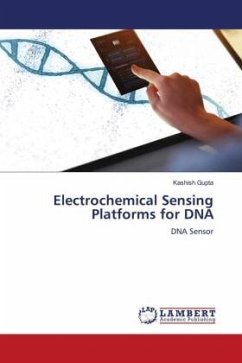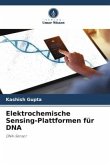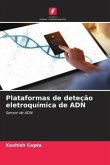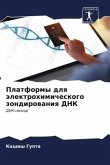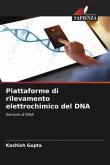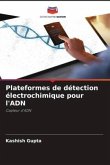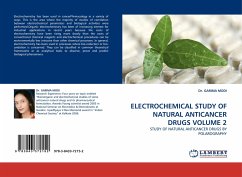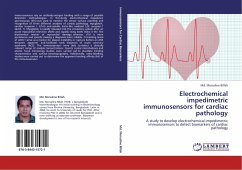In recent years, the efforts in the field of biosensors have been directed in fields ofmedicine, pathogens and environment. Among various types of biosensors, genosensors gotmuch more attention in these areas particularly in detection of pathogens due to high selectivityand sensitivity in the detection. Conventional genosensors for pathogen suffers from variousdrawbacks as they are time consuming (culture based methods), less sensitive, skill based, costlyand time required labeling procedures. In new generation genosensors the advancement camedue to nanotechnology by introducing nanomaterials of large surface area with catalyticproperties. Nanomaterials like noble metals nanoparticles show the merits not only due to largesurface area and high surface energy but also due to having conductivity and ease offunctionalization. Nanomaterials based platforms are explored to analyze the pathogens at earlystage before the actual manifestation of diseases has occurred.In view of above focus of our research work based on development of novel genosensors basedon conducting polymer and natural polymers impregnated with metal nanoparticles basedplatforms. Novel sensing platforms were developed.
Bitte wählen Sie Ihr Anliegen aus.
Rechnungen
Retourenschein anfordern
Bestellstatus
Storno

